Afficher les éléments par tag : Union européenne
‘Saint Schuman’, l’assomption ou l’obsolescence de l’Europe chrétienne?
La reconnaissance des « vertus héroïques » de Robert Schuman est annoncée comme imminente, une étape dans son chemin vers la béatification – laquelle requiert la validation d’un premier miracle par le Vatican, voire d’un second pour devenir ‘saint’. Cet épisode ravive le débat sur la place de la religion dans la culture politique des « Pères Fondateurs » de l’intégration européenne, mais aussi sur la résurgence régulière de cette mémoire controversée comme champ de bataille autour d’une « Europe chrétienne ».
Informations supplémentaires
- Auteur François Foret
Diplomatie européenne et liberté de religion
L’Union européenne a pris ces dernières années une série d’initiatives pour la promotion de la liberté de religion dans le monde. Cette action a émergé alors même que la cause perdait de son lustre dans les relations internationales et elle a questionné la conception européenne des droits fondamentaux comme un bloc indivisible. Elle révèle également la recherche d’un équilibre entre différents facteurs : affichage symbolique d’unité autour de grands principes et défense réaliste des intérêts parfois divergents de l’UE, des États membres et des différentes institutions communautaires ; priorité donnée au droit pour circonscrire la dimension conflictuelle du religieux, mais nécessaire pragmatisme politique pour s’adapter aux réalités de terrain.
Informations supplémentaires
- Auteur François Foret
Religion and beliefs: fundamental rights guaranteed by the ECHR and EU law
Freedom of religion, equality and non-discrimination based on religion or belief are fundamental rights firmly enshrined in the European Convention for the Protection of Human Rights and Fundamental Freedoms adopted by the Council of Europe in 1950. The European Court of Human Rights in Strasbourg has progressively built a strong case-law in defence of those principles. The European Union has drawn heavily on the Council of Europe in its endeavour to promote fundamental rights, which it has done most notably in adopting binding anti-discrimination directives; control over the respect of such directives by legislation enacted by national states can be exerted by the Court of Strasbourg, given the relative passivity of the Court of Justice of the European Union so far. Gabriele Caceres (ULB) has summed up these major issues in a brand new ORELA report entitled: "Religion and beliefs: fundamental rights guaranteed by the ECHR and EU law".
Religion and beliefs: fundamental rights guaranteed by the ECHR and EU law
Freedom of religion, equality and non-discrimination based on religion or belief are fundamental rights firmly enshrined in the European Convention for the Protection of Human Rights and Fundamental Freedoms adopted by the Council of Europe in 1950. The European Court of Human Rights in Strasbourg has progressively built a strong case-law in defence of those principles. The European Union has drawn heavily on the Council of Europe in its endeavour to promote fundamental rights, which it has done most notably in adopting binding anti-discrimination directives; control over the respect of such directives by legislation enacted by national states can be exerted by the Court of Strasbourg, given the relative passivity of the Court of Justice of the European Union so far.
Informations supplémentaires
- Auteur Gabrielle Caceres
Mapping religion at the European Parliament: some findings
The interactions between religion and politics in the European integration process are the focus of increasing attention in political and academic debates. However, the body of research that has been developing for several years relates mainly to the representation of religious interests at the European Commission. The influence of religious actors and networks within the European Parliament give rise to many suppositions, ambitions or fears, but there are few empirical data available. To fill the gap has been the purpose of the international research project RelEP (Religion at the European Parliament) associating researchers from nine universities in Europe and beyond — findings of the RelEP project are presented in Religion and politics in the European Union, The Secular Canopy, Cambridge, 2014. Studying the normative preferences of European legislators reveals the conditions in which religion exerts an influence.
Informations supplémentaires
- Auteur François Foret
Le débat européen sur la circoncision
ORELA s’était fait l’écho des prémisses du débat européen sur la circoncision, et ce dès la publication de l’arrêt du tribunal de Grande Instance de Cologne, en juin 2012, qui statuait que « le corps d’une enfant était modifié durablement et de manière irréparable par la circoncision », une modification « contraire à l’intérêt de l’enfant, qui doit décider plus tard par lui-même de son appartenance religieuse ». Cet arrêt, on s’en souvient, avait créé une situation jurisprudentielle inédite en Allemagne, interdisant alors de facto toute intervention de ce type en offrant pour la première fois une base légale à toute appréciation en la matière.
Informations supplémentaires
- Auteur Jean Philippe Schreiber
Religious lobbying at the European level: strengthened and professional
In recent years there has been an appearance – or re-appearance to some accounts – of ‘religion and politics’ at the European level, exemplified by the recurrent meetings between the Presidencies (Commission, Council and Parliament) and European religious leaders. Some consider these events as indications of the growing power of religious actors at the European level but wrongly conflate power with visibility. This article wishes to amend these interpretations and point to the shifts in organizational behaviour of the two central religious lobbies, COMECE and CSC, which have led to more pro-active and visible organizations. It also seeks to contextualize the role of religion at the European level and to discuss the consequences of article 17 for the future of the relation between religion and politics in the European Union.
Informations supplémentaires
- Auteur Pieterjan De Vlieger





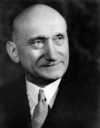
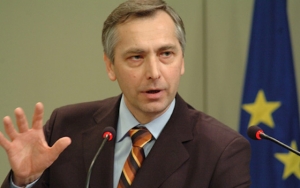
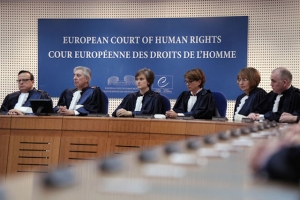
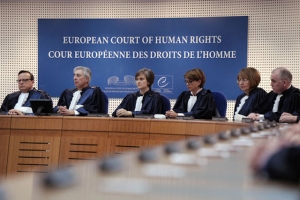

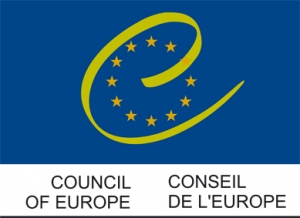
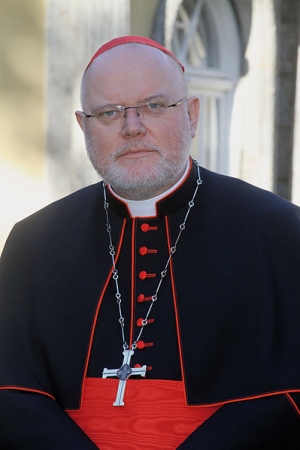
 MangoGem
MangoGem